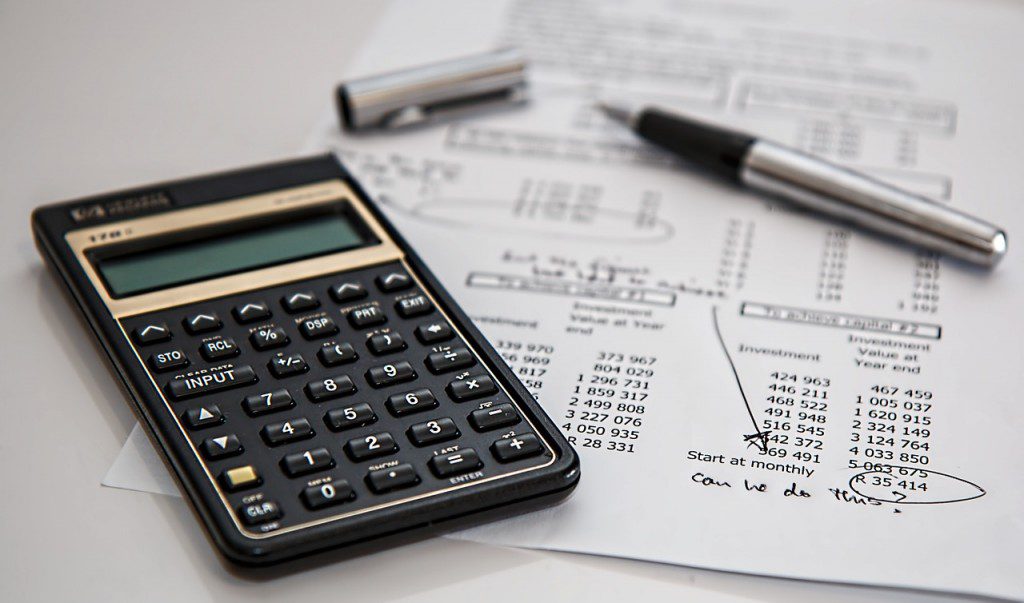


Simple Steps To Tax Planning
Professional advice and careful planning can help you to make the most of legitimate opportunities to reduce the amount of tax you pay.
Your Accountant, or tax specialist, will be your first port of call when it comes to tax, but it’s also an important consideration in your day to day financial planning. Here are some areas where you can make sure you’re not paying too much tax.
Pay As You Earn (PAYE) and National Insurance (NI)
Check your PAYE tax code
Always check your tax code when it’s issued – HMRC don’t always get it right. You can ask them to correct any errors that might otherwise cause you to pay more tax, or pay tax earlier than you would through your self-assessment tax return.
National Insurance contributions (NICs)
If you have more than one job you may overpay NICs during the tax year. You can claim this back from HMRC.
Married or civil partnership
Transferable personal allowance
Married couples and registered civil partners can share some of their personal allowance. This means that the unused allowance of one partner can be used by the other, resulting in an overall tax saving for both.
More than one property?
Couples getting married or entering into a civil partnership who own separate properties must nominate one as their main home for Capital Gains Tax purposes within two years of the marriage/registered civil partnership.
Inheritance tax (IHT)
Make sure you have an up to date will
A will is a key part of estate planning – not just because it sets out what you want to happen to your wealth after your death, but also because it covers a number of other important aspects. If you die without a will, the rules of intestacy determine how your estate will be distributed and there could be an unnecessary IHT bill for the loved ones you leave behind.
Consider leaving part of your estate to charity
Any amounts you give to a UK registered charity (during your lifetime, or as a bequest) are exempt from IHT. In addition, broadly speaking, if you leave 10% or more of your taxable estate to charity, then the IHT rate levied on your estate is cut to 36%.
Could you make monetary gifts from your spare capital?
You can gift up to £3,000 free of any IHT each tax year. And if you forget to make your £3,000 gift one year, you can carry forward to the next tax year and gift up to £6,000.
Using the IHT marriage exemption for gifts
Gifts made to someone who is getting married or registering a civil partnership are exempt within limits based on your relationship to the parties. A maximum of £5,000 applies if you are a parent.
Pensions
Are you taking advantage of your annual allowance for making pension contributions?
Your annual allowance for the tax year 2016/17 is £40,000, however, those earning more than £150,000 will have their allowance reduced on a tapering basis down to £10,000.
Could you carry forward any unused annual pension allowances?
You can carry forward unused allowances from the three previous tax years and use these to cover pension contributions greater than the current year’s annual allowance.
HM Revenue and Customs practice and the law relating to taxation are complex and subject to individual circumstances and changes, which cannot be foreseen.




